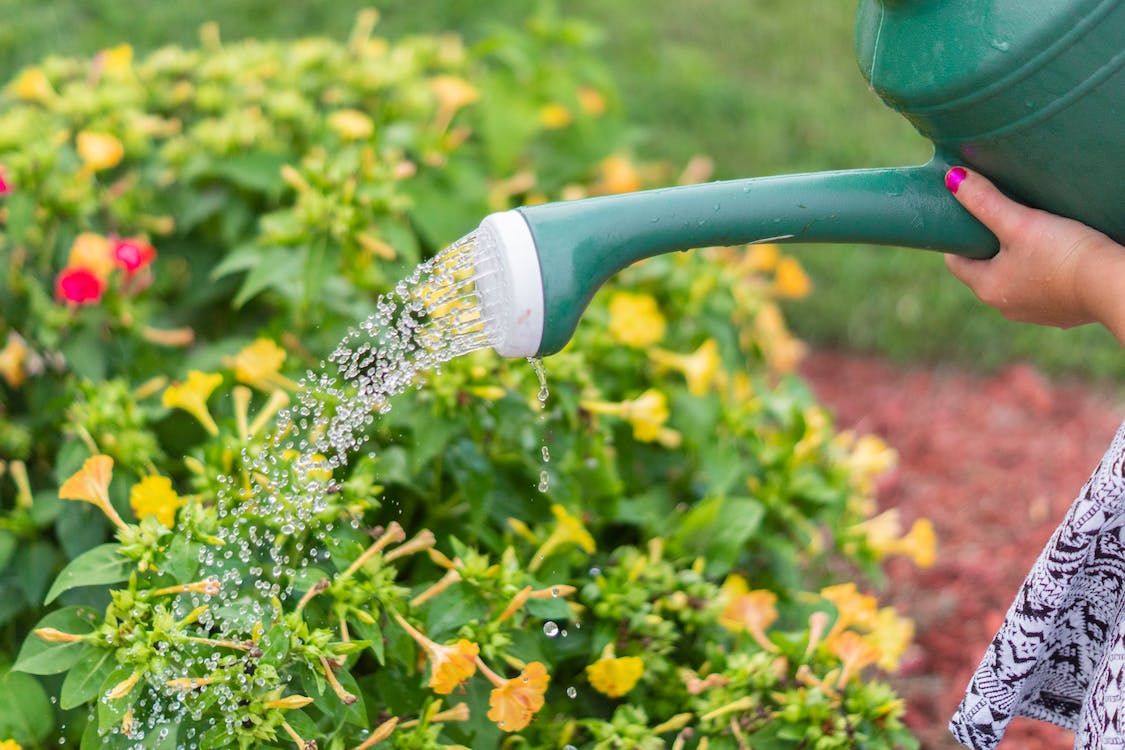Tap water can contain a wide range of chemicals and contaminants that can hamper plant growth and their ability to thrive. There are several ways to remove these contaminants to make it safe for plants, including letting it stand for a while, boiling the water, or filtering it before watering your plants. The simplest and most effective method of removing unwanted contaminants from water is to filter it with a good quality water filter before watering your garden.
Why Removing Chlorine is Good for Plants
Tap water is typically treated with chlorine to kill pathogenic bacteria. The problem with chlorine is that it doesn’t discriminate and will also kill beneficial bacteria and microorganisms that live in soil. At high levels, chlorine can also damage plant roots.
Chloride toxicity symptoms in plants including curling on the leaf edges, scorched edges, smaller leaves, reduction in plant growth, and excessive leaf loss, and can eventually result in the death of the plant.
You can de-chlorinate tap water by letting it stand uncovered outdoors for at least 24 hours to allow the chlorine to evaporate. A quicker method is to use a home water filter to remove the chlorine, which will ensure it will not damage plants or harm beneficial organisms in your garden soil.

Reduce the Hardness of Water Can Also Be Good for Plants
Hard water contains traces of limestone deposits that can cause high levels of dissolved calcium and magnesium, which can be harmful to plants at high levels. Using water softeners to reduce the hardness of tap water is not a good option when watering plants, as water softeners contain sodium carbonate, which will increase sodium levels, which is not good for plants.
Maintaining a Healthy PH for Better Plant Growth
Most plants, with the exception of species such as azaleas, blueberries and other types of berries, thrive at a pH of between 5.5 to 7.0. Tap water very often has a high pH, which can increase when calcium is present in water. This can limit nutrient uptake, and over an extended period of time can cause pH levels in the soil to increase too.
Home water filters, such as the Berkey, offer an all-round solution for quickly removing contaminants that can harm plants from tap water. Unlike distilled water or reverse osmosis systems, which also remove natural minerals that are essential to plant growth, the Black Berkey elements let the good minerals pass through with the water. As a result, healthy minerals that are essential for plant growth are still available to the plant and won’t lead to an imbalance in the soil. Plants also require less fertilizers as natural minerals present in the water help nourish the plant and soil.
